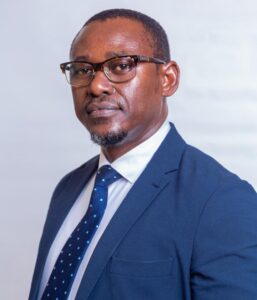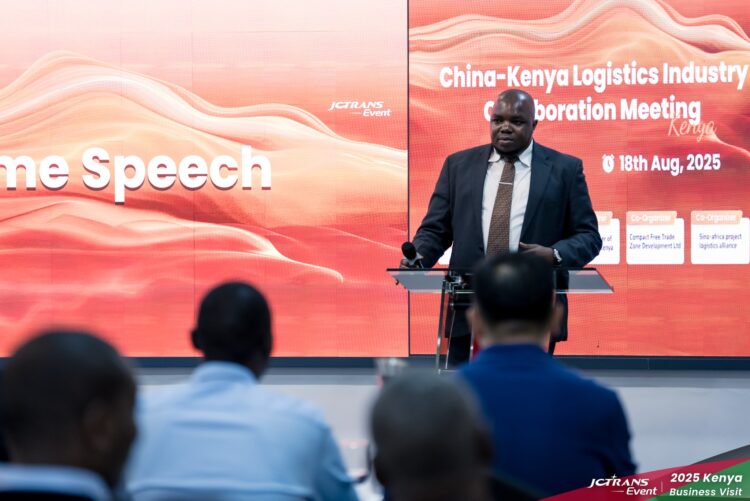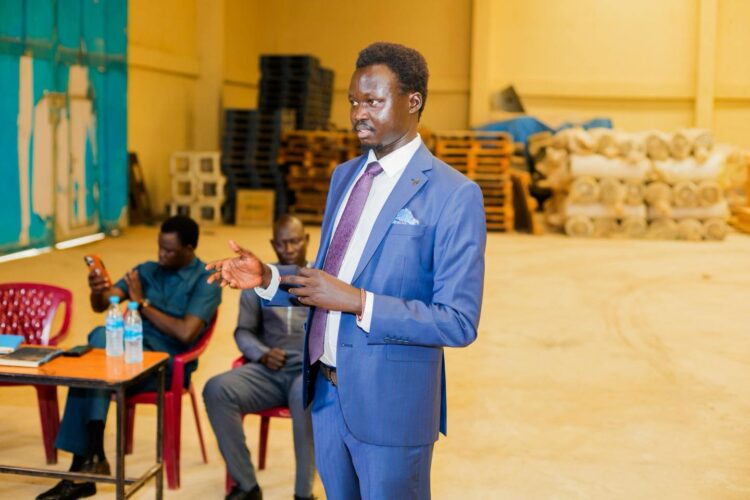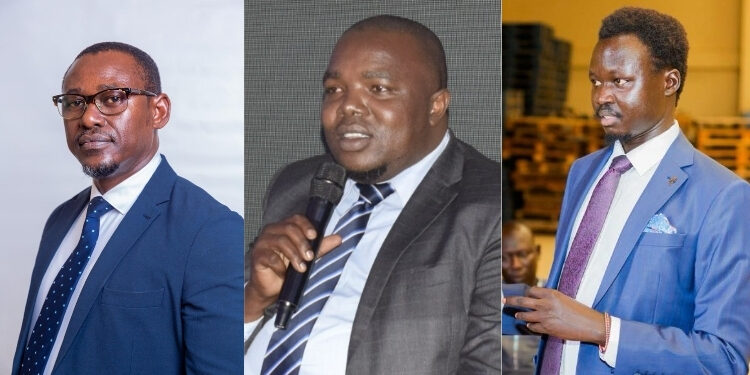Something remarkable is unfolding across East Africa’s logistics sector. A new generation of leaders is stepping up. They are confident, collaborative, and impatient for progress. They are not inheriting the old systems quietly but reshaping them instead.
Take Tanzania’s Mr Edward John Urio. In October 2025, he made headlines at the FIATA World Congress in Hanoi, Vietnam, when he was elected vice president of the global freight forwarding body. It was not just a personal milestone. It was a statement of how far East Africa’s logistics industry has come. Urio, who also serves as 2nd Vice President of the Federation of East African Freight Forwarders Associations (FEAFFA) and Chairman of the Tanzania Freight Forwarders Association (TAFFA), has become a defining voice of reform.

He is not a leader of words alone. His track record speaks volumes. In April 2025, he coordinated the FIATA Field Meeting in Zanzibar, an event that elevated regional visibility and demonstrated that Africa can host world-class logistics discussions. The year before, in August 2024, he successfully hosted the 6th edition of the annual Global Logistics Convention (GLC) in Dar es Salaam. The convention unites key players in the logistics sector ecosystem, including freight forwarders, customs agents, financial institutions, and policymakers, under a single regional agenda. His leadership has been firm but inclusive. He has stood up for fair competition, pushing back against government agencies’ encroachment into the private sector’s clearing activities. He believes in professionalism, policy dialogue, and empowering freight forwarders to take ownership of their trade environment.
Across the border in Kenya, another young leader is charting his own bold path. Mr. Fredrick Aloo, the National Chairman of the Kenya International Freight and Warehousing Association (KIFWA) and FEAFFA Board member, has injected new life into an association that had long been seen as cautious and reactive. The just-concluded International Transport and Logistics Summit (ITLS) 2025 in Mombasa made that change visible. The energy was different. The discussions were focused. And the message was clear. A new era had begun.

Aloo’s leadership has been defined by action. In July 2025, KIFWA launched its first-ever Strategic Plan 2025–2030, a roadmap that places digitization, professional ethics, and green logistics at the center of Kenya’s logistics transformation. The plan was not a box-ticking exercise; it was a vision of how the association could lead the sector rather than follow it. Then came the recent landmark partnership with Capital Pay International Limited, an 80-million-dollar investment to develop a Centralised Clearing and Forwarding Management System. The system will connect all major trade actors, including the Kenya Revenue Authority (KRA), the Kenya Ports Authority (KPA), the Kenya Trade Network Agency (KenTrade), cargo owners, and logistics providers, through one platform. It will simplify processes, enhance compliance, and increase transparency. Implementation of this system is also seen as a route to achieving the self-regulation of the logistics sector in Kenya.
Aloo, who is also pursuing a law degree, brings a unique balance of legal insight and practical industry understanding, the kind of leadership that bridges tradition with modern governance. He also holds a diploma in customs administration from the Kenya School of Revenue Administration (KESRA) and has undergone multiple industry-related training programmes. In his free time, he provides consultancy services to freight forwarding firms that have disputes with KRA.
Further north, in South Sudan, Mr. Daniel Deng represents another face of this generational shift. As the president of the South Sudan Freight Forwarders Association (SSFFA) and a member of the FEAFFA Board, Deng has been building the foundation for a professional logistics sector in one of the region’s youngest economies. His approach is deeply collaborative. He works closely with the South Sudan Revenue Authority (SSRA) to streamline customs processes and strengthen engagement between the private sector and government. Under his leadership, capacity-building initiatives for freight forwarders in South Sudan have begun, an important step for a country still aligning with regional logistics systems. South Sudan is in advanced stages of rolling out the Certificate in Customs and Freight Logistics (CCFL), a regional training programme for customs and freight forwarders in East Africa implemented jointly by FEAFFA, the EAC secretariat, and freight forwarders’ associations.

Deng’s diplomatic yet determined style has already yielded regional recognition. Thanks to his effort, Juba will host the 7th Global Logistics Convention (GLC) in August 2026—a symbolic and practical achievement that underscores South Sudan’s growing integration into the East African trade community. He is also actively engaging with the Northern Corridor Transit and Transport Coordination Authority (NCTTCA) to improve connectivity and policy coordination across the region.
These three young men, Urio, Aloo, and Deng, are not just leading their associations. They are redefining what leadership looks like in a sector that, for years, has been perceived as rigid and dominated by old habits. They represent a generation that values efficiency over hierarchy, solutions over speeches, and digital tools over paperwork.
East Africa’s logistics industry is at a crossroads. Trade is expanding, but systems are still catching up. The region cannot afford to move at the pace of bureaucracy. It needs thinkers who act and doers who think. The likes of Urio, Aloo, and Deng show that youth, when trusted with responsibility, can deliver substance, not slogans.
The freight forwarding sector is finally finding its rhythm, one led by purpose, not protocol. The message from East Africa’s new logistics vanguard is clear: the future is not something to wait for. It is something to build. And they are already building it.
The writer is the Communications and Advocacy Officer at the Federation of East African Freight Forwarders Associations (EAFFA) and can be reached at oniongaam@gmail.com





